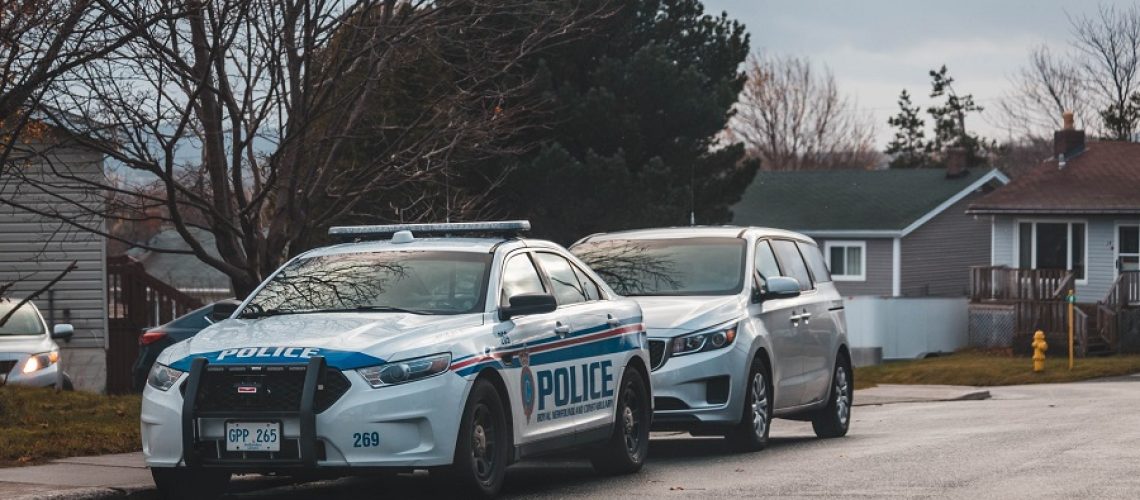Questions During Traffic Stops
Everyone has been stopped for a traffic violation at some point in their lives. During that stop, we can all recall the police officer walking up to the window and asking for our driver’s license, registration, and insurance. During the traffic stop, some of us can even remember a time when the police officer asked if there were any illegal drugs in the vehicle. Some officers go as far in their routine questions to ask for consent to search the vehicle. These investigative questions during the traffic stop were put to a stop by the Oregon Supreme Court.
In State of Oregon v. Arreola-Botello, the Oregon Supreme Court suppressed evidence of drugs found within Botello’s car due to the police officer’s line of investigative questioning during the traffic stop for failure to use a turn signal. The high court held that Oregon police officers are no longer allowed to ask questions that are not related to the reason for the traffic stop. In the Oregon case, the police officer was asking questions regarding whether there was anything illegal in the car and whether the driver would consent to a search for “guns, drugs, knives, bombs, illegal documents, or anything else that you’re not allowed to possess.” The Oregon Court said that this line of questioning went beyond the lawful scope of the traffic stop.
Unfortunately, Georgia does not have the same rule. The Georgia Supreme Court has repeatedly held that “activities unrelated to the mission of the stop must not extend the time of the stop at all, and such a prolongation of the stop is not permissible even if those activities are done in the middle of the stop.” State v. Allen, 298 Ga. 1 (2015). Georgia police officers can therefore ask questions that are unrelated to the purpose of the traffic stop so long as they do not prolong the stop beyond the time reasonably required to fulfill the traffic stop’s purpose. Flores v. State, 347 Ga. App. 174 (2018).
Oregon’s approach to this issue infers that time does not necessarily matter. Oregon’s main concern is that if its officers were allowed to impose random investigative questions not related to the traffic stop, then by reasoning, an officer who does not have a warrant, probable cause, or even reasonable suspicion of criminal activity could stop someone and conduct a criminal investigation. This disregard would make hollow the rule requiring officers to have reasonable suspicion before stopping someone.
Because Georgia follows a different approach than Oregon, drivers need to understand that Georgia officers can ask anything they want as long as it does not make the stop last any longer. If you are pulled over, be polite, do not consent to a search of your vehicle, and call an attorney.
NEED LEGAL ADVICE?
If you believe that you are eligible for first offender treatment, or if you have any questions regarding first offender, the seasoned team at Arora Law have the experience and skills to advise you on this and all other serious legal matters. Contact us so we can help.










